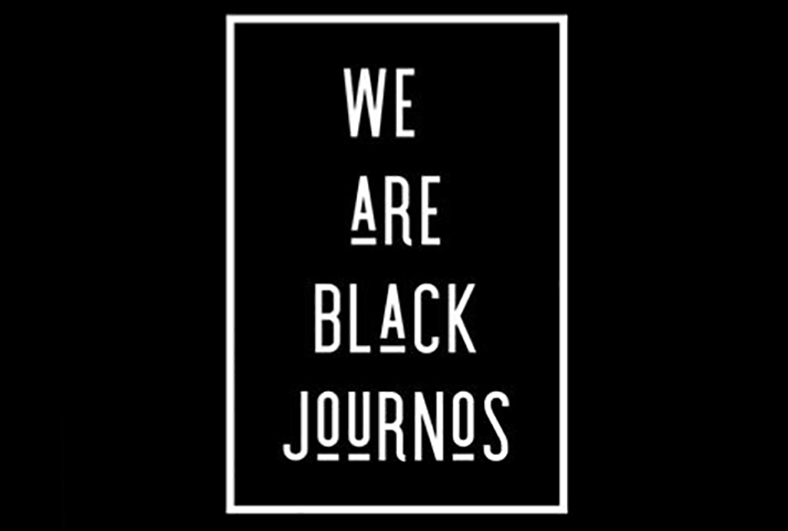Blog / Experts / Guest blog / Journalists / Media analysis
How journalism should improve the way it supports and mentors Black journalists

The following piece features in the ResponseSource Diversity in Journalism white paper and comes from Hannah Ajala, the founder of We Are Black Journos.
The full Diversity in Journalism white paper can be downloaded here
How the industry should support and mentor Black journalists is a topic that we at We Are Black Journos continuously touch on in our events, in common with the many other platforms we follow online (@BJCUK1, @theracebeat) who are advocating towards more inclusion of Black journalists in the industry.
To be very honest, we’ve seen some great examples of initiatives trying to achieve this. I believe when trying to tackle the issue, it starts with us first, not the industry sadly, to encourage ideas and plans to support Black journalists.
Our tips include:
Have and keep relationships with stakeholders/people at the top
It starts with getting in touch with, for example, an editor of a well-respected programme in a high-profile organisation, such as BBC Radio 4’s Today programme. Not only is this programme widely known for having a large majority of white staff, if the editor sees what you’re trying to do, and is interested in making their department more diverse but unsure of how to, that’s where you come in. Build on it, think of a realistic plan and strategy to ensure that hopefully one day there won’t be the need for diversity schemes or placements, because the word ‘diversity’ will no longer be used as a buzzword, it will just be normal.
Don’t let a lack of resources hold you back
Start creating content with whatever you have – start a blog, use your iPad or phone to film interviews and produce your own documentaries, create a podcast. Having your own portfolio – or YouTube channel – to take to the organisation you approach will showcase your initiative and passion and help you to stand out.
Reach out to journalists you admire and return the favour
Building strong personal and professional relationships is crucial to progressing your career. Asking for help, mentorship and guidance from others in the same industry can help everyone grow. Once you do get a foot in the door, keep searching for ways to expand your network – one of the aims of We Are Black Journalists is to do just this, by creating a safe networking space in a predominantly white industry. Ultimately, you’ll be the person passing on your knowledge and expertise to other aspiring journalists and we can all learn from each other.
Always refer back to your collective, and keep promoting them to editors
Let your visibility be shown so that people at the top can see the network of Black journalists who you already have on file, and can promote opportunities to. They may be looking for someone with strong experience in history documentaries or digital video production – establishing yourself as someone who can make connections will open up opportunities for you as well as for your personal network.
I would like to see it become common practice to regularly (every two to three months) have meetings and discussions with diverse members of staff in each organisation to highlight ways to engage more Black journalists, and to measure the progress of this each time they meet.
Hannah Ajala is a BBC-trained broadcast journalist and writer for I Am New Generation magazine, currently based in West Africa. She is the founder of We Are Black Journos, a networking community and event platform celebrating and connecting Black journalists and aspiring broadcasters. See @weblackjournos on Twitter and @weareblackjournos on Instagram for details of both virtual and live events featuring speakers from outlets including the BBC, CNN and Channel 5 News or connect with Hannah directly on @hannah_ajala.


